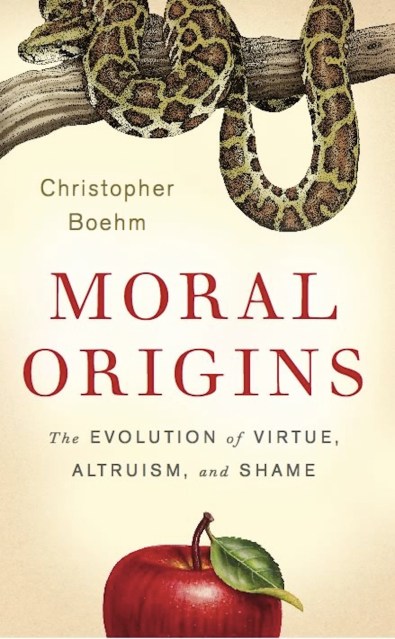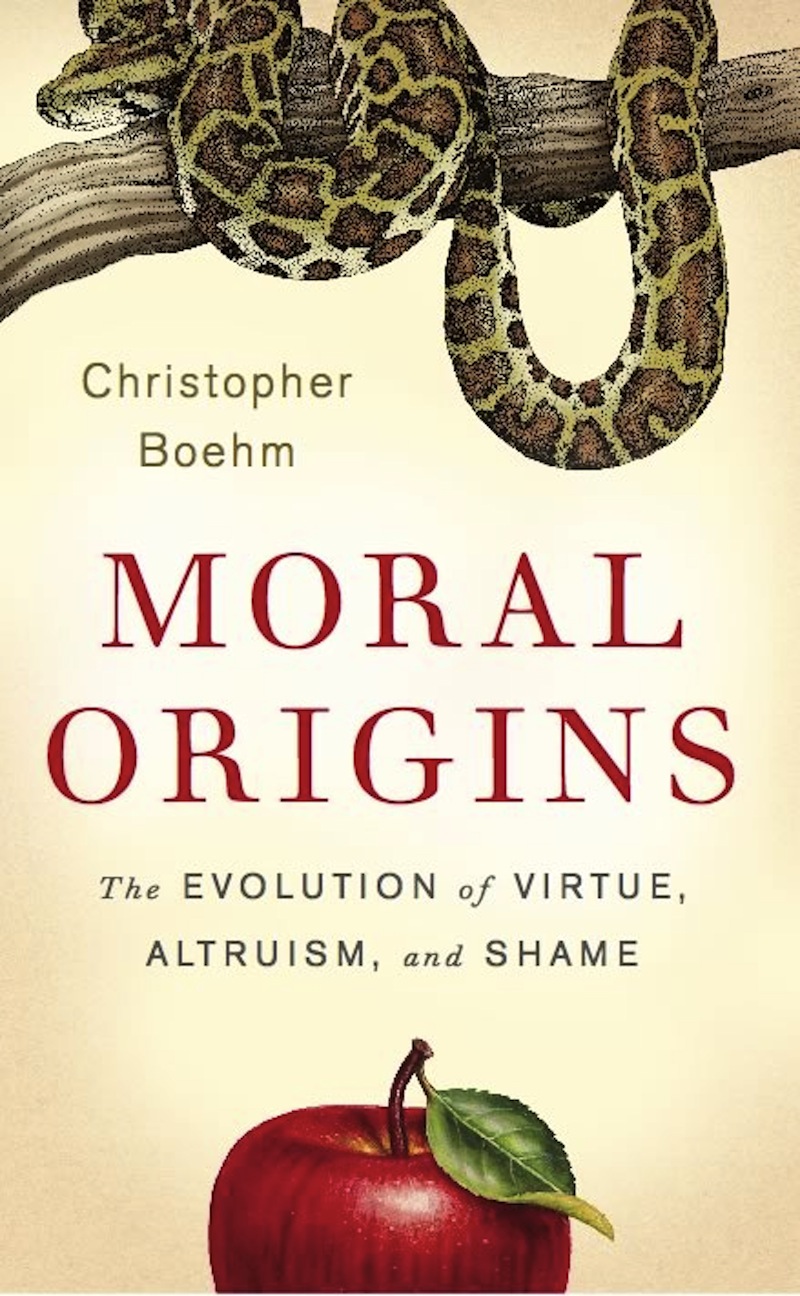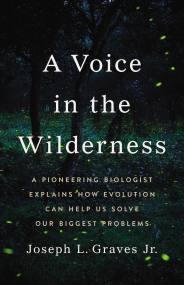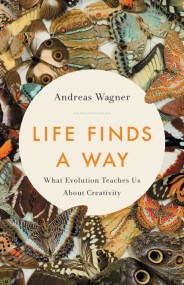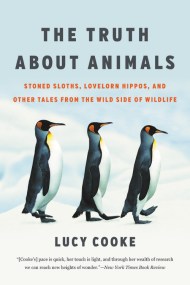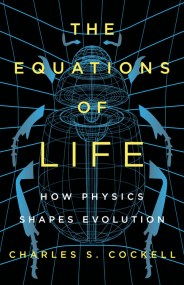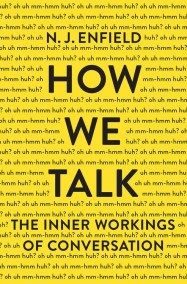By clicking “Accept,” you agree to the use of cookies and similar technologies on your device as set forth in our Cookie Policy and our Privacy Policy. Please note that certain cookies are essential for this website to function properly and do not require user consent to be deployed.
Moral Origins
The Evolution of Virtue, Altruism, and Shame
Contributors
Formats and Prices
- On Sale
- May 1, 2012
- Page Count
- 432 pages
- Publisher
- Basic Books
- ISBN-13
- 9780465029198
Price
$19.99Price
$25.99 CADFormat
Format:
- ebook $19.99 $25.99 CAD
- Hardcover $36.00 $46.00 CAD
This item is a preorder. Your payment method will be charged immediately, and the product is expected to ship on or around May 1, 2012. This date is subject to change due to shipping delays beyond our control.
Buy from Other Retailers:
Genre:
-
"Christopher Boehm's Moral Origins is a tour de force of a sort rarely seen in any science."Donald Black, university professor of the social sciences, University of Virginia, and author of Moral Time
-
"[An] engrossing work.... Boehm does a remarkable job of extending previous work and incorporating a historical approach."Publishers Weekly, starred review
-
"What sets Boehm's approach apart is his effort 'to make the natural history of moral origins more historical'. In so doing he provides a new and coherent map of the evolution of morality.... It is a complex story..., but Boehm's experience doing fieldwork with humans and wild chimps makes him a wonderfully knowledgeable guide. And some of his ideas are truly revolutionary."New Scientist
-
"How did evolution produce a species that blushes? To explain the uniquely human moral sense, Boehm teases a provocative neo-Darwinian theory out of cutting-edge archaeological, anthropological, and psychological research.... Those looking for a daring new application of empirical science will find it here."Booklist
-
"[A] provocative scientific contribution...to the millennia-long discussion about the nature of morality.... Thinkers everywhere will be forced--as they are in many arenas--to consider biology in realms that once seemed strictly matters of the heart and soul."Michael Shermer, Wall Street Journal
-
"One rarely finds such a fully Darwinian, scientifically sound, and wisely accessible book for both professionals and lay audiences as Boehm's study of moral origins; it is far superior to any previous attempts to discuss the subject."Choice
-
"Astronomers have the Hubble telescope to look back through time, and social scientists have Chris Boehm. Boehm's monumental accomplishment is to give us the most careful and compelling portrait ever created of how our ancestors lived, from three hundred thousand generations ago to five hundred generations ago. Boehm's work is vital for understanding why we are so tribal, punitive, gossipy, religious, and cooperative today."Jonathan Haidt, professor of psychology, University of Virginia, and author of The Righteous Mind
-
"Few scientists have thought longer and harder about the origins of morality than Christopher Boehm, who brings to the issue a wealth of experience studying both humans and other animals. His thesis that our species has taken moral evolution into its own hands is new and refreshing."Frans de Waal, author of The Age of Empathy
-
"Moral Origins is an exciting study on the evolution of human morality that is appropriate for scientific researchers and also of interest for the general public as well. Christopher Boehm brilliantly ties fundamental aspects of human cooperation such as altruism, free-riding, and bullying to both primitive and advanced societies. This book is a must for all who are interested in how human morality evolved and functions."Ernst Fehr, professor of economics, University of Zurich
-
"In Moral Origins, Christopher Boehm uses his vast knowledge of the literature on primates and human hunter-gather populations to address the issue of the origins of human morality. It is a must-read for any social scientist, primatologist, or humanist studying human morality. Equally important, it is beautifully written in an easy and graceful style. Certainly the most informed and best work written by an anthropologist on this set of issues, Moral Origins is a book that I would recommend to any thoughtful person."Jonathan Turner, distinguished professor of sociology, University of California, Riverside
Newsletter Signup
By clicking ‘Sign Up,’ I acknowledge that I have read and agree to Hachette Book Group’s Privacy Policy and Terms of Use
